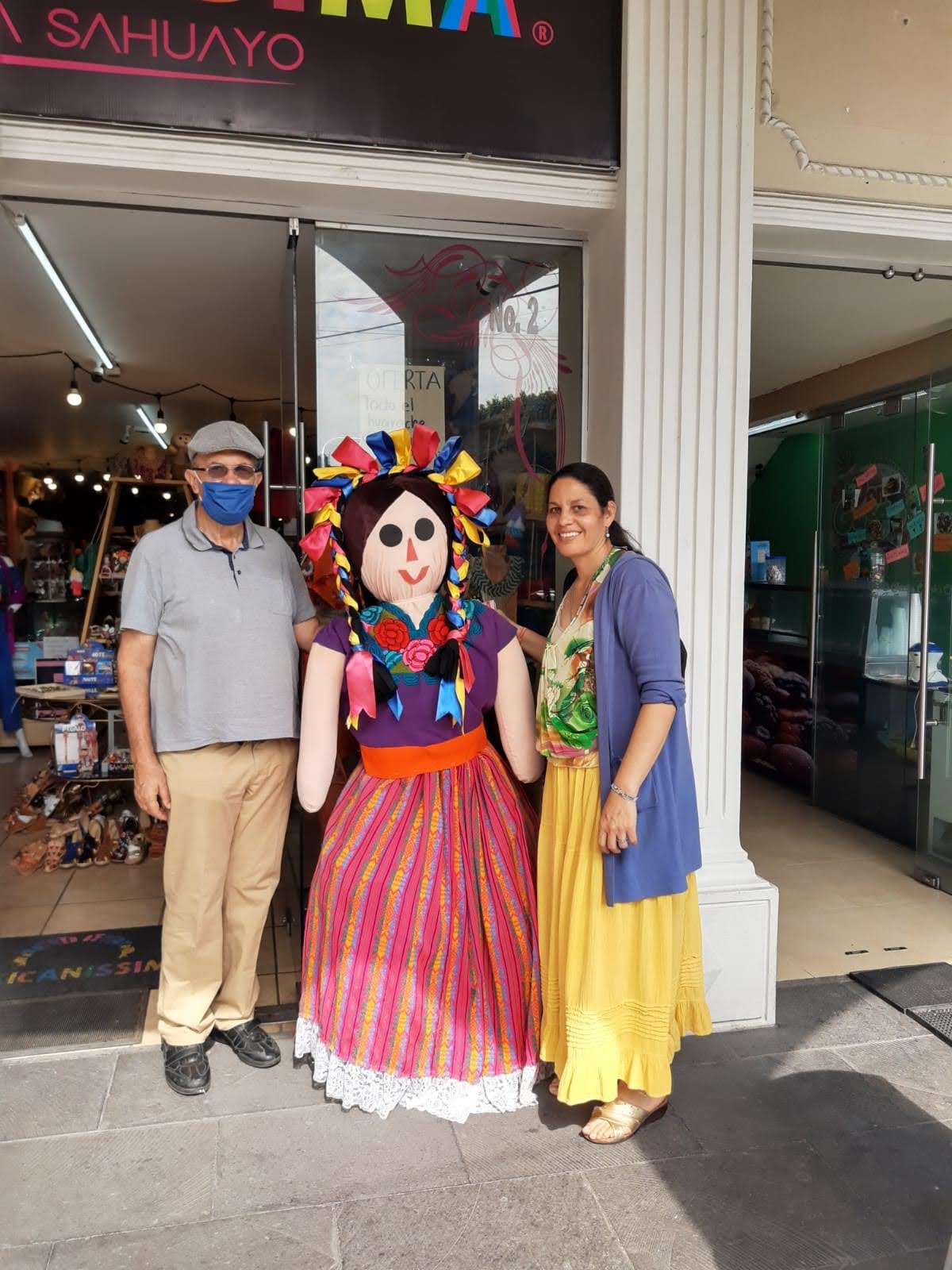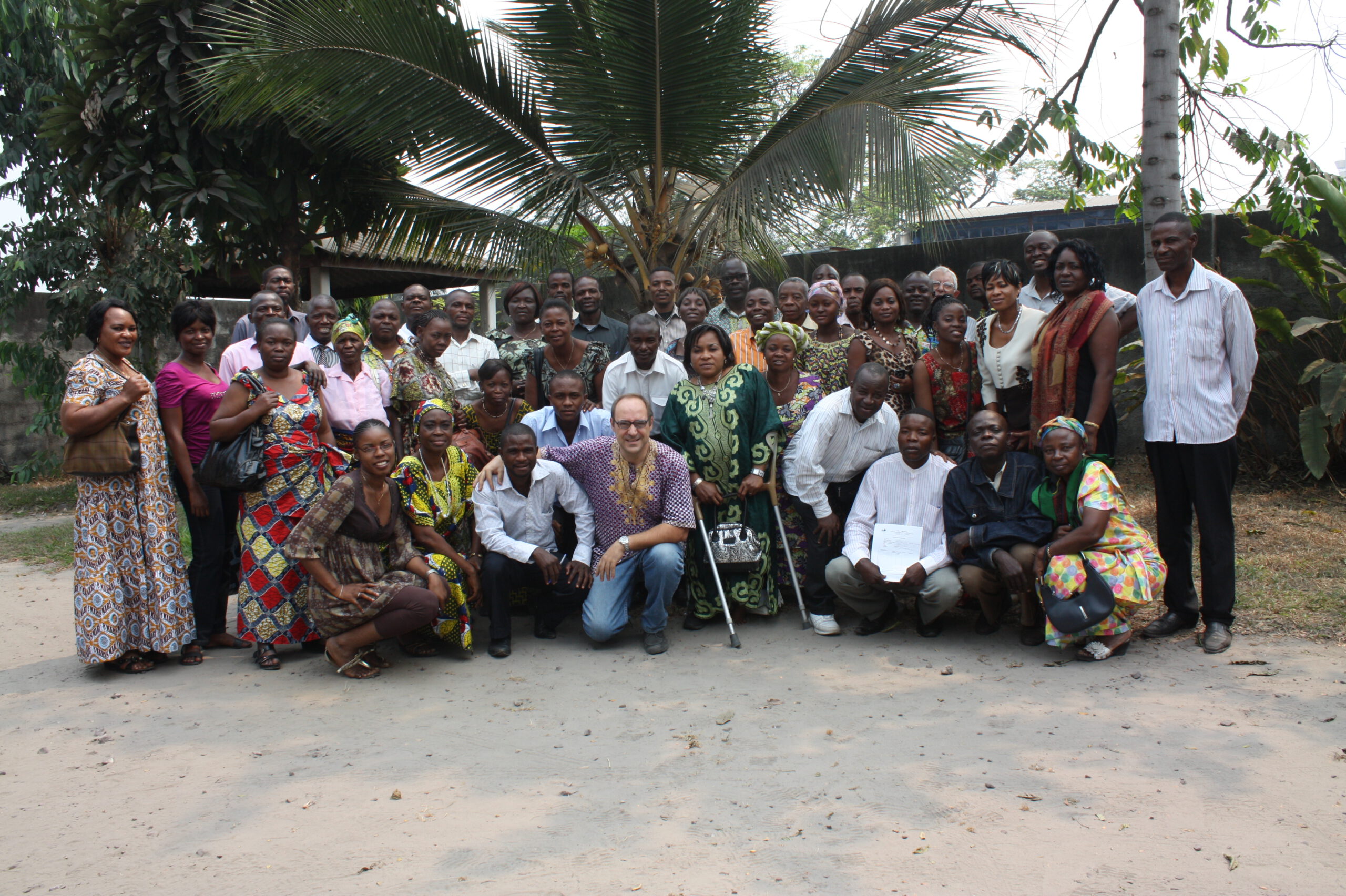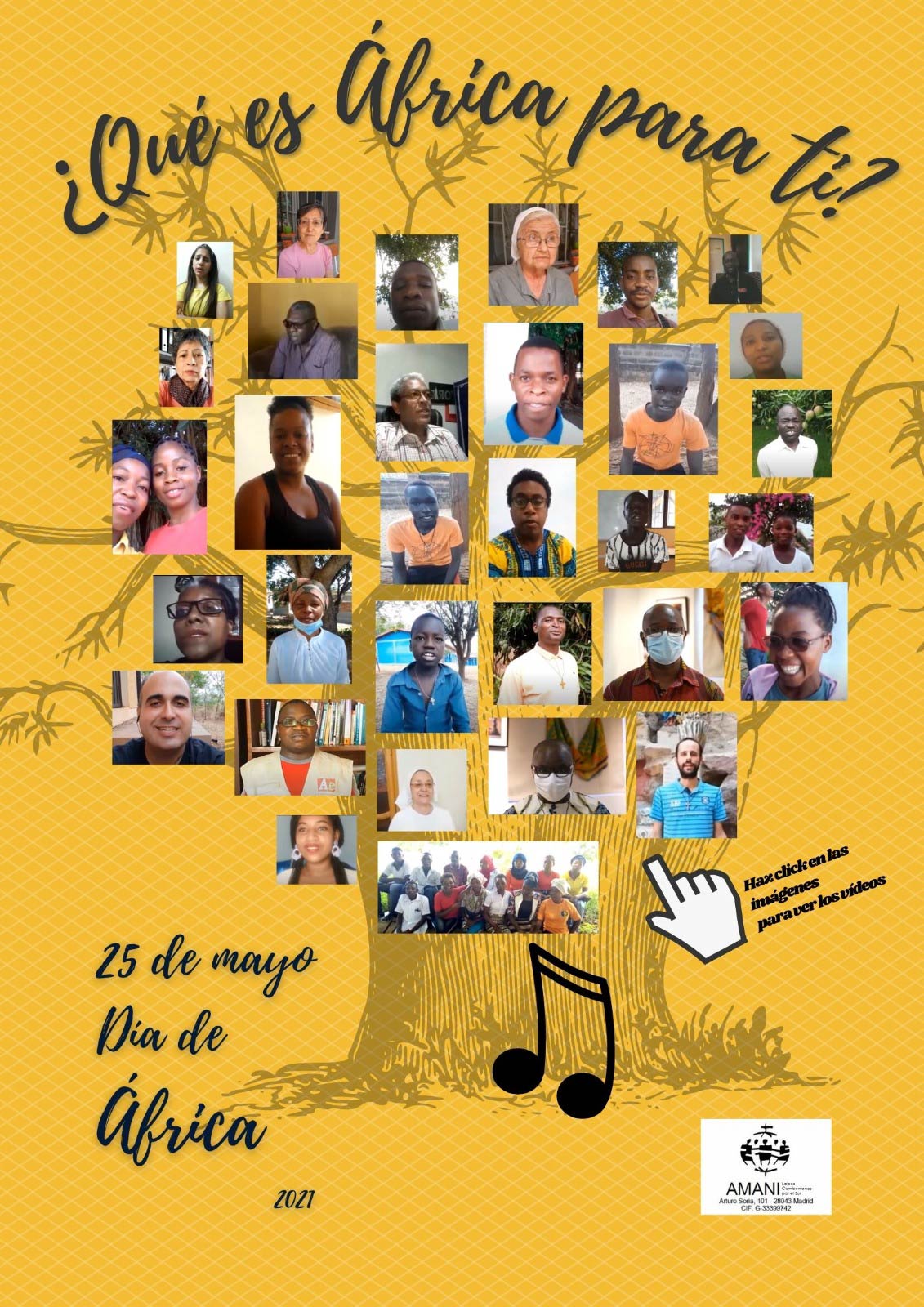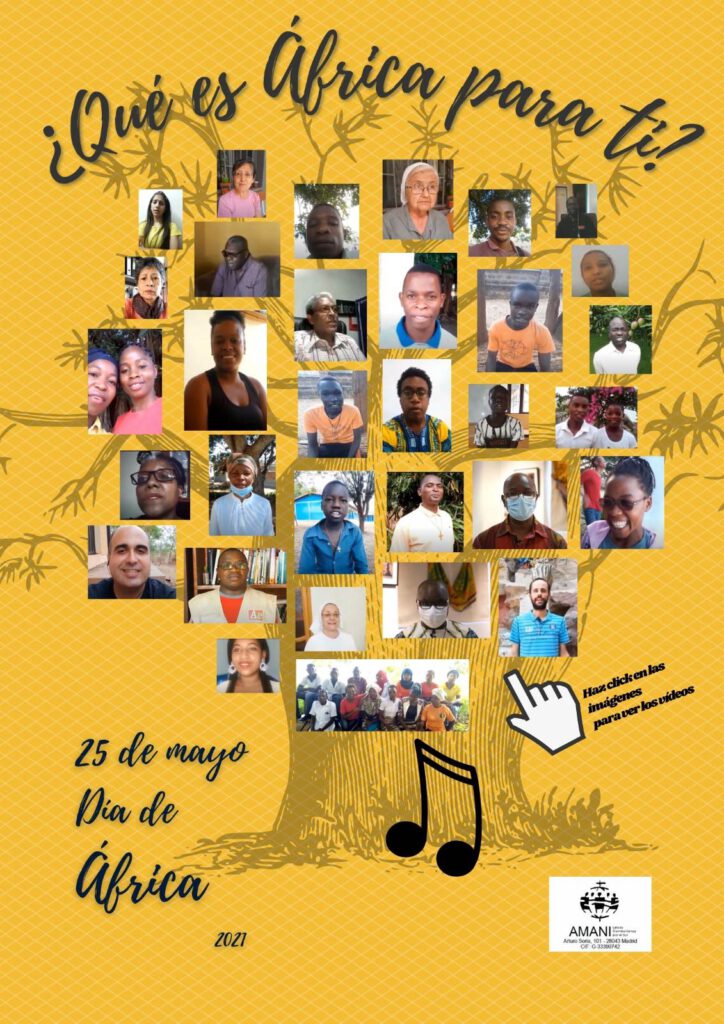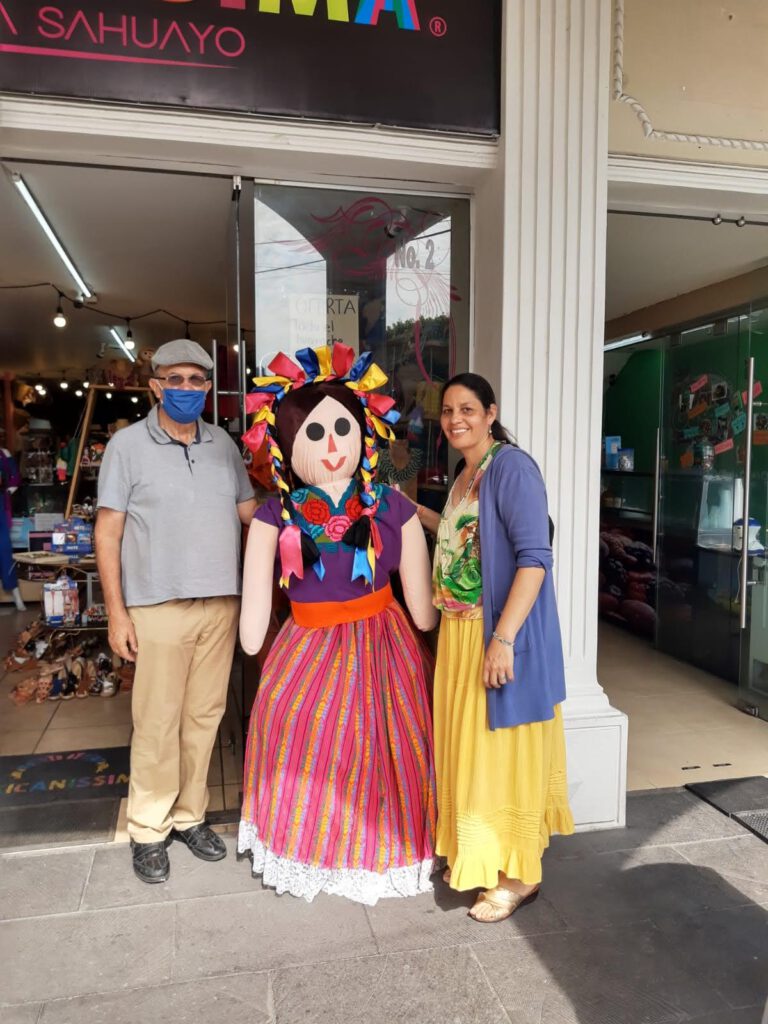
As we well know, the laity have an advisor at continental level, in America we are accompanied by Fr. Ottorino who serves in the province of Ecuador and was physically present in our country on the occasion of the vows that the already scholastic Larzon Alexandre Angulo Burbano made.
I had the opportunity to go to Mexico City, to accompany his visit and so I was able to walk a little accompanied with Fr. Juan Diego Provincial of Central America, Fr. Gabriel and Fr. Filomeno in order to visit Our Lady of Guadalupe. Besides walking around, we discussed the way in which the meeting with the Laity could be, since we are in different cities and we had to define the best option. With the group from Mexico City the date was set and without any problem the meeting took place. We had to adjust the way in which we would meet with the other groups since we thought of visiting each of the houses where there was presence of Laity, but by suggestion of the Provincial Fr. Enrique it was decided that he would only go to Sahuayo, the CLM of Guadalajara and San Francisco del Rincón would try to get there to be present. To facilitate the presence of the coordinating team where all the groups are present, a virtual meeting was organized where all the groups could be present, Vero from San Francisco del Rincón could not make it to Sahuayo for reasons of force majeure, but she connected virtually, so only Juan José from Sahuayo was missing, responsible for National Formation.
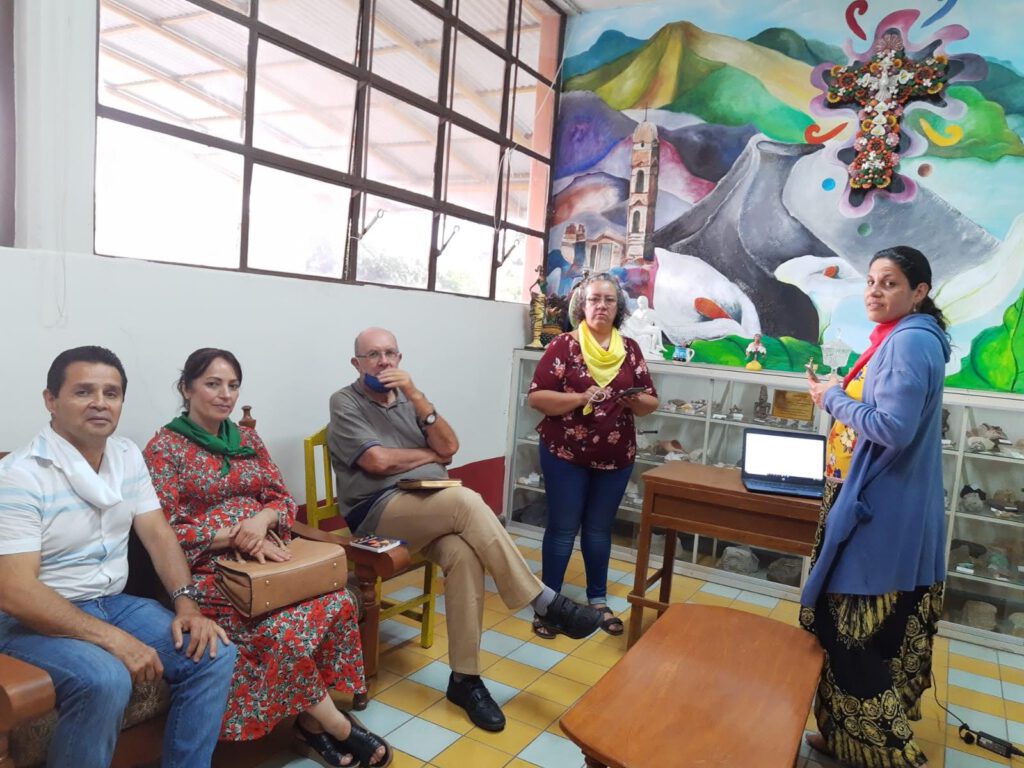
Fr Ottorino visited us, he listened attentively to each one of us and took note of everything we talked about, it was a lot of information in a short time. He proposed that soon we could meet, have our assembly, present reports, establish agreements, it is very good to have an advisor like him who is interested in each person and for the group to know how we are progressing, he also told us that he was already vaccinated and that he had had a quiet trip.
On May 10, which is celebrated as “Mother’s Day in Mexico” we had the opportunity to walk in the city of Sahuayo, visit the “Sacred Places” as the Shrine of Joselito, Cristo Rey, Catacombs of the Sacred Heart and the chapel of San Francisco where the MCCJ Fr. Tonino works; as well as Mexican handicraft stores, Huaraches (woven shoes) and the Municipal Market where the father could greet the family of Monica as they have a stand of seeds and dried chili peppers. In the afternoon we went to have lunch with the family at a farm and in the evening we enjoy a coffee in front of the main square. We know that on his return he would meet with Katarzyna and Adán a couple from Mexico City and before making his return trip he would meet with MCCJ Fr. Gustavo, advisor of the CLM in Mexico.
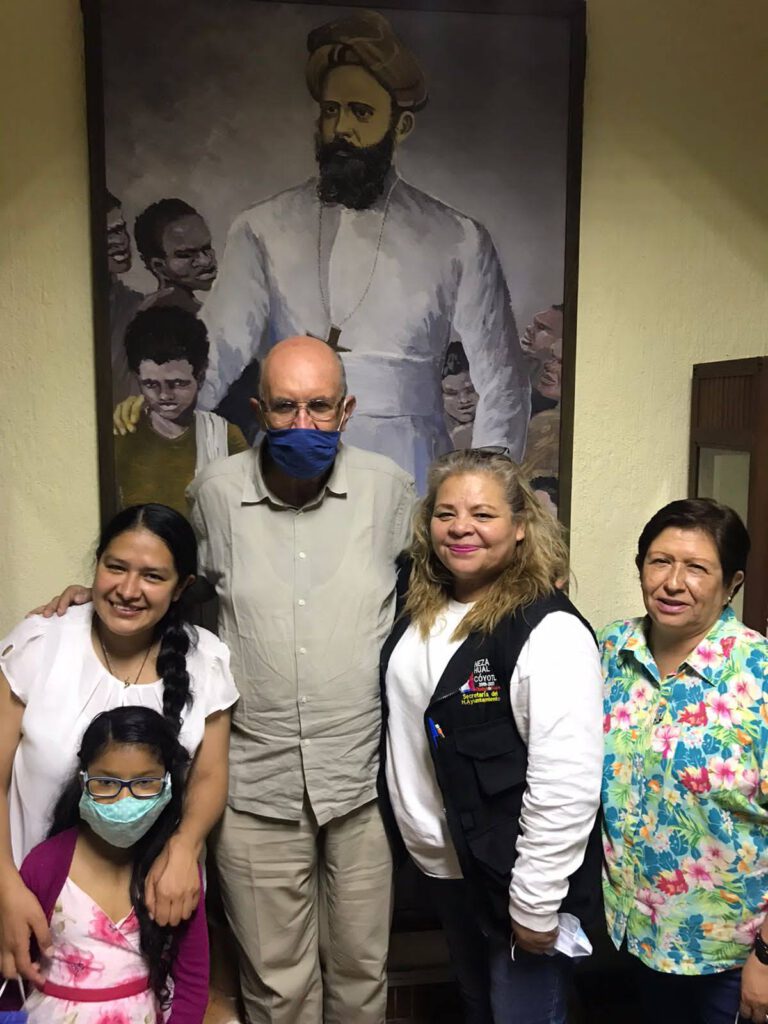
“Thank you for your sharing” Fr. OTTORINO.
Beatriz, CLM Mexico




